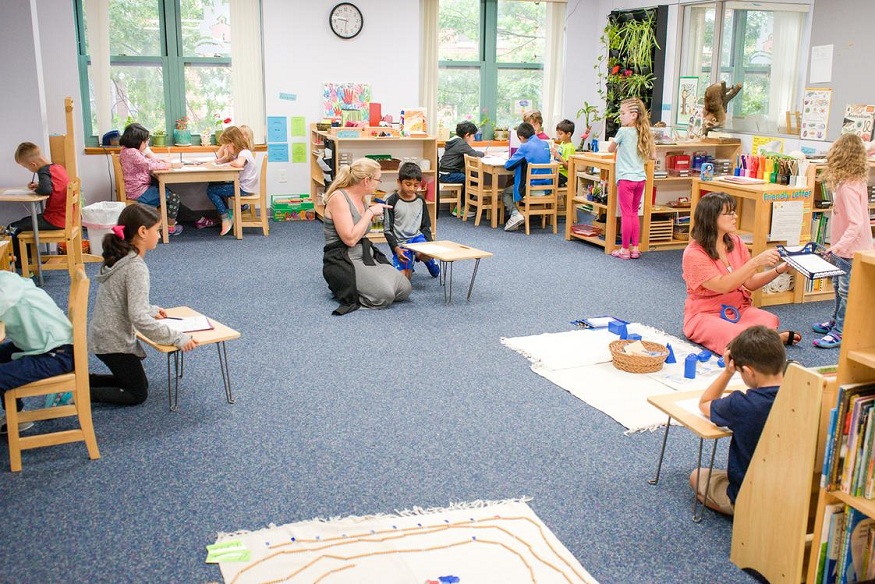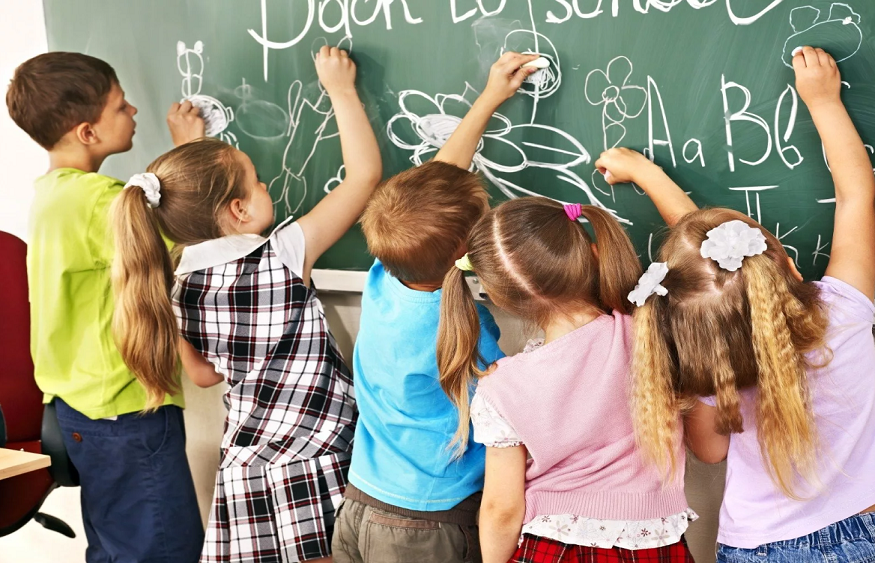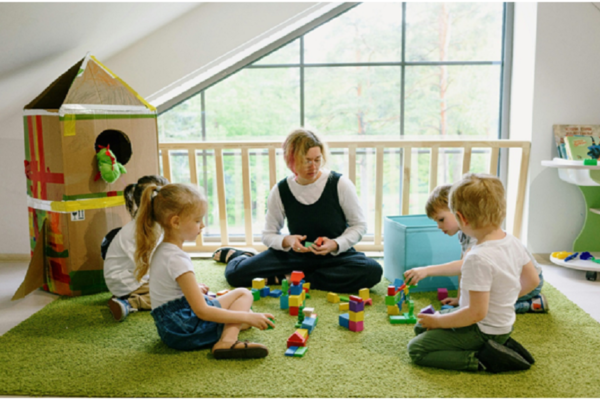
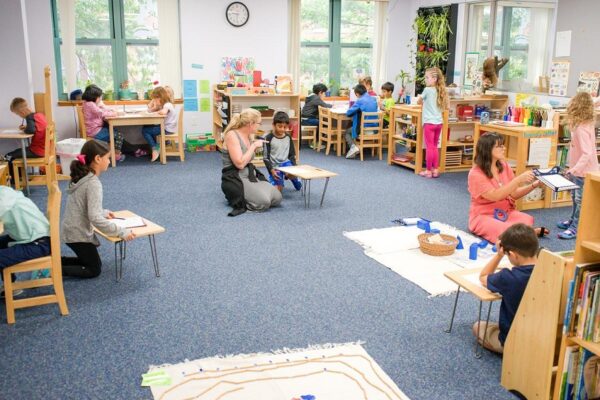
Montessori Preschool vs. Daycare in NJ: What Parents Need to Know
1,149 ViewsChoosing the right early childhood program is a big decision for parents in New Jersey. Among the many options available, Montessori preschools and Montessori daycares stand out for their child-centered philosophy and focus on independence and growth. While they both follow the Montessori method, these programs serve different needs and age groups. So how…

Condo Swimming Lessons by Swim2u Swim School
782 ViewsIn Singapore, life moves fast — everything is about convenience, efficiency, and finding the right balance. That’s exactly why more families and professionals are turning to I first came across Condo Swimming Lessons when browsing online for flexible lessons and landed on Condo Swimming Lessons What sealed the deal for me was knowing that…
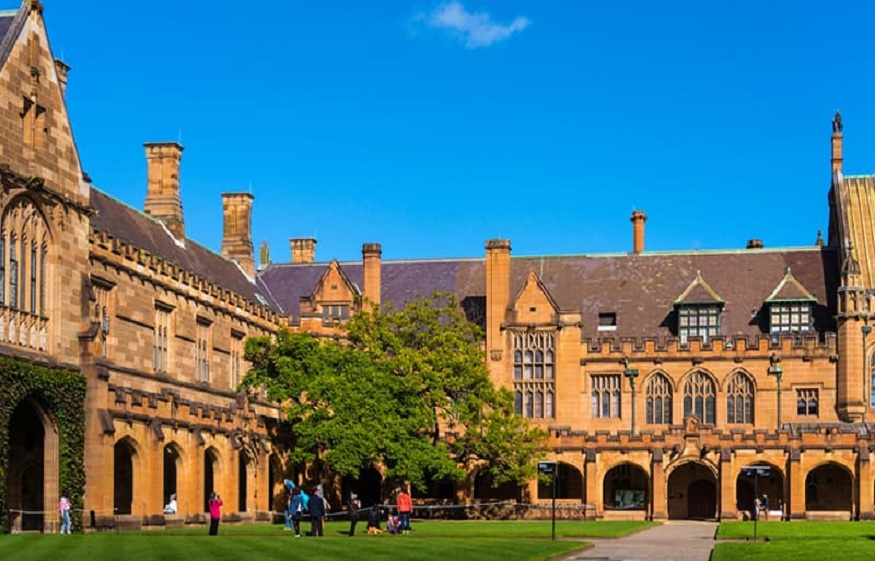
How to Receive a Conditional Offer from Australian Universities
919 ViewsAre you dreaming of studying in Australia but unsure of how to secure a place at one of its prestigious universities? The first step towards fulfilling your academic aspirations is receiving a conditional offer from an Australian university. In this article, we will guide you through the process of obtaining a conditional offer and…

How Can TEFL Skills Be Transferable In Your ESL/EFL Teaching Experience?
1,539 ViewsHave you ever wondered how the skills you acquire as a TEFL instructor can seamlessly transfer into your everyday teaching routines? Teaching English as a Foreign Language (TEFL) isn’t just about understanding grammar and vocabulary, it’s about a rich palette of skills that enhance your teaching journey, no matter where you are. From effective…

Simple Strategies for Supporting Introverted Learners in Your Classroom
1,206 ViewsEvery classroom is filled with different types of students, each with their own personality and way of learning. Among them, introverted students may seem quieter or less active in class discussions, but that doesn’t mean they aren’t engaged or capable. Introvert students tend to prefer a bit more personal space and might feel overwhelmed…

How to choose the best Chinese enrichment class near you for your child
1,286 ViewsIn today’s multicultural society, learning Chinese has become increasingly important. Parents often seek out Chinese enrichment classes to enhance their children’s language skills and cultural understanding. Choosing the right Chinese enrichment class can be a daunting task, especially with the plethora of options available. This comprehensive guide will provide you with essential tips and…

The Modern Homework Revolution: How Technology Enhances Independent Learning
1,257 ViewsHomework has always been a staple of Education, designed to reinforce classroom learning and foster independent study skills. Yet, traditional homework often needs to engage students with more or address individual needs. Enter the digital age—technology has transformed the concept of homework into an interactive, personalised, and accessible experience. By harnessing the potential of…
How To Identify And Bridge Learning Gaps In The Classroom?
1,591 Views All children ought to have an excellent education. This is probably the objective that any parent, educator, and school official would concur upon in every classroom. Furthermore, each student in a classroom has unique learning styles, aptitudes, and shortcomings. A learning gap occurs when a student cannot keep up with the rest of…

Save Your Sanity With These 10 Hacks For The Best Classroom Ever
1,283 ViewsAmong the most inventive and resourceful professionals in the world are teachers. They oversee curricular standards, parent-child connections, and childhood dramas while teaching varied classes of pupils, each with their own set of problems and strengths. However, even the most skilled educators with offline or online NTT Course qualifications might have a few tricks…

How Teaching Phonics Can Improve EFL Student’s Reading Skills? Informative Guide
1,095 ViewsNon-native speaking students face a lot of challenges during their English language learning journey. Due to this, EFL teachers also have a hard time teaching them reading skills effectively. However, with the help of one of the effective approaches you can teach reading effectively through “phonics.” It’s an approach that emphasizes which correspondence between…







